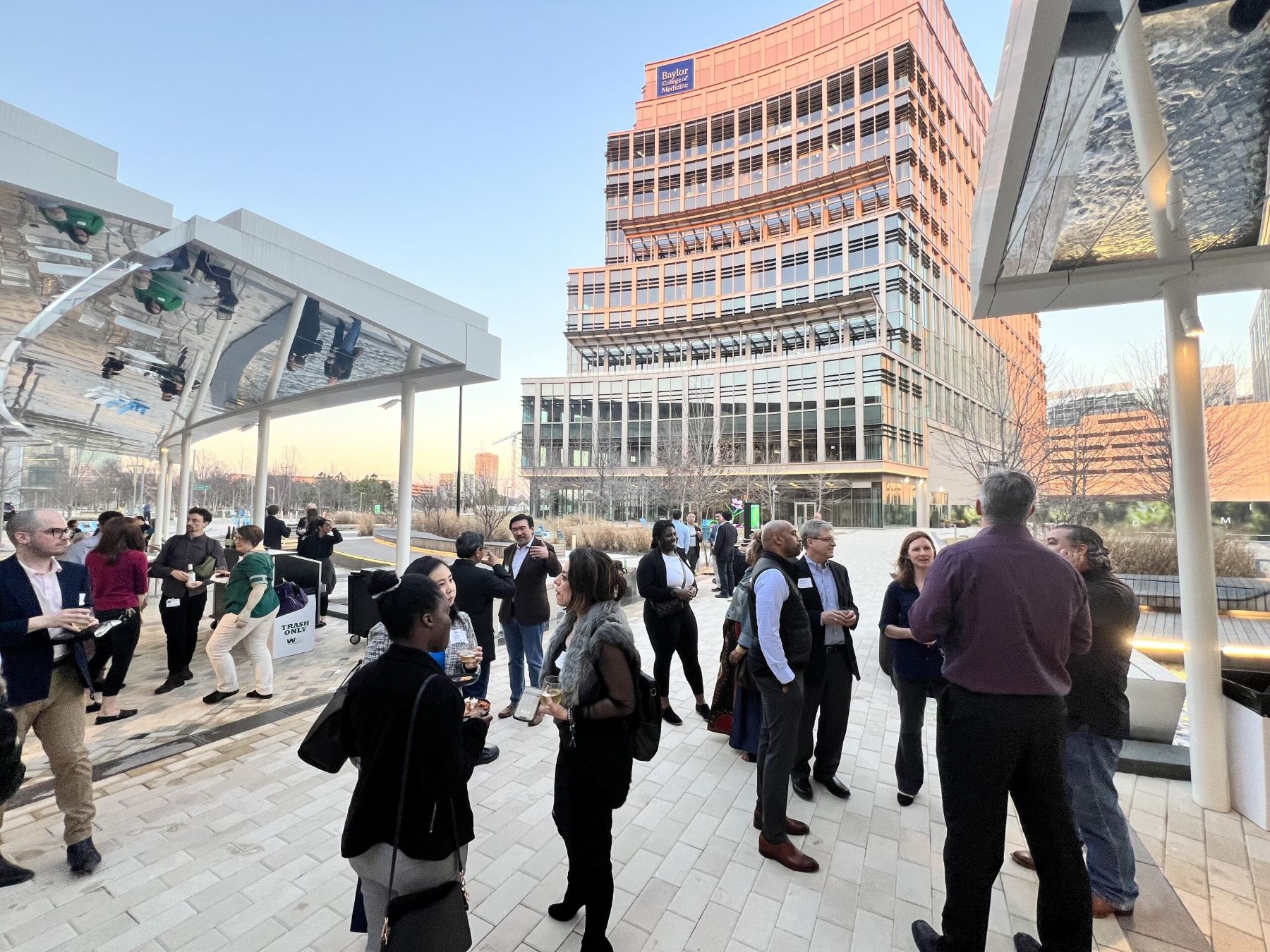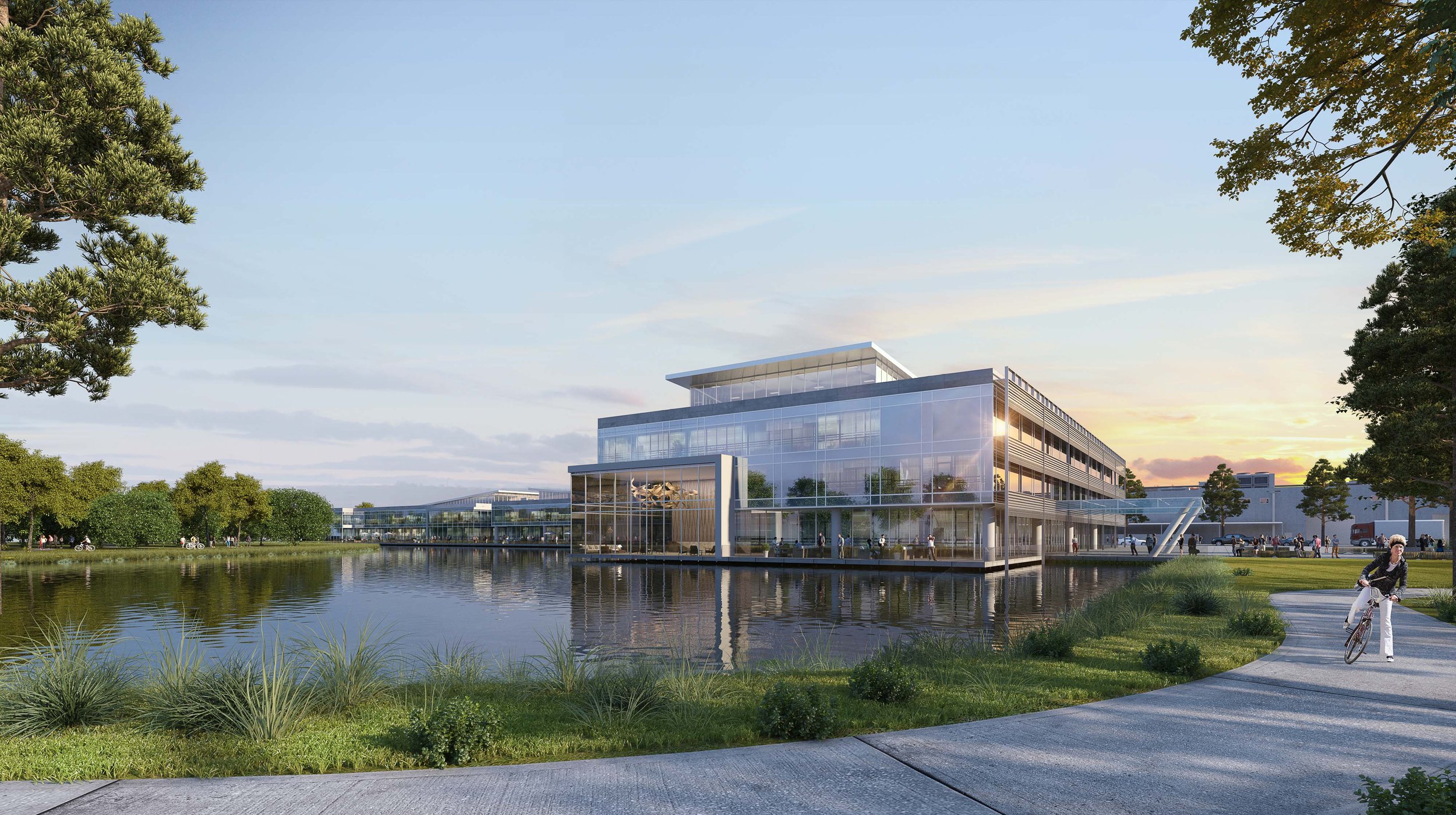Economic Development
San Jacinto College and CellReady Launch Program to Accelerate Cell Therapy Workforce Development
12/17/24
PASADENA, Texas – The San Jacinto College Center for Biotechnology has partnered with CellReady, a privately held cell therapy contract development and manufacturing organization, to launch an innovative, fast-track training curriculum for new hires in biomanufacturing. This four-week program is designed to significantly shorten onboarding time for manufacturing associates, providing them with concentrated and rigorous hands-on training to jumpstart their readiness to work in advanced cell therapy manufacturing.
Over the course of the program, trainees undergo 160 hours of both theoretical and practical, hands-on learning that cover the fundamentals of biomanufacturing through the operation of advanced workflows. The curriculum prepares new hires for the production of cell therapies, a cutting-edge cancer treatment, using the G-Rex cell production platform. The training, which took place at CellReady’s manufacturing site in Houston, was delivered by San Jacinto College Biotechnology faculty members, in collaboration with CellReady’s training team.
“To our knowledge, this is the first collaboration of its kind between a community college and a cell therapy manufacturer to develop an intensive onboarding curriculum tailored specifically for cell therapy manufacturing technicians,” said Dr. Chris Wild, San Jacinto College assistant vice chancellor of biotechnology. “Together with CellReady, we’ve created a path to rapidly train professionals with advanced, hands-on techniques, using the G-Rex cell production platform, which is widely used in the industry today.”
This joint initiative provides clear benefits to all stakeholders. For San Jacinto College, it underscores the institution’s commitment to meeting industry needs with innovative, real-world training. CellReady gains a streamlined, effective approach to onboarding that enables new technicians to make an immediate impact post-training. At the conclusion of the program, trainees are equipped with the skills and knowledge needed to manufacture cell therapies.
Dr. Ignacio Nunez, CellReady’s chief operating officer, was impressed with the training provided and the speed that employees were able to grasp the critical components of the manufacturing process, stating “Thanks to the training program developed and delivered by San Jacinto College and CellReady, we were able to provide our new hires with the essential knowledge and skills to work in a GMP environment. In collaboration with San Jacinto College, we have debottlenecked operator qualification and made great strides toward our mission of bringing more of these life-saving therapies to patients one G-Rex at a time.”
“This program not only equips new team members with qualifiable skills to contribute immediately upon completion of the training program, but it also sets a new standard for how training can be delivered in a highly regulated field,” said Dr. Nicole Bradley, program director for the Center for Biotechnology.
The program’s success has inspired plans for additional training sessions to onboard future manufacturing professionals at CellReady, further strengthening the relationship between San Jacinto College and CellReady. The training curriculum for cell therapy developed in collaboration with this industry leader will be available as a program offering through the San Jacinto Center for Biotechnology.
About CellReady
CellReady is the world's first and only G-Rex centric contract development and manufacturing organization (CDMO) specializing in G-Rex based cell and gene-modified cell therapy development and manufacturing. The company offers a wide range of services to support the development and commercialization of these therapies. CellReady's mission is to create hope for cancer patients, one G-Rex® process at a time.
About San Jacinto College
Surrounded by monuments of history, evolving industries, maritime enterprises of today, and the space age of tomorrow, San Jacinto College has served the people of East Harris County, Texas, since 1961. The College is one of the top 10 community colleges in the nation as designated by the Aspen Institute and was named an Achieving the Dream Leader College of Distinction in 2020. The College is a Hispanic-Serving Institution that spans five campuses, serving approximately 45,000 credit and non-credit students annually. It offers more than 200 degrees and certificates across eight major areas of study that put students on a path to transfer to four-year institutions or enter the workforce. The College is fiscally sound, holding bond ratings of AA+ by Standard & Poor’s and Aa2 by Moody’s.
Read More

 The Houston Report
The Houston Report





















